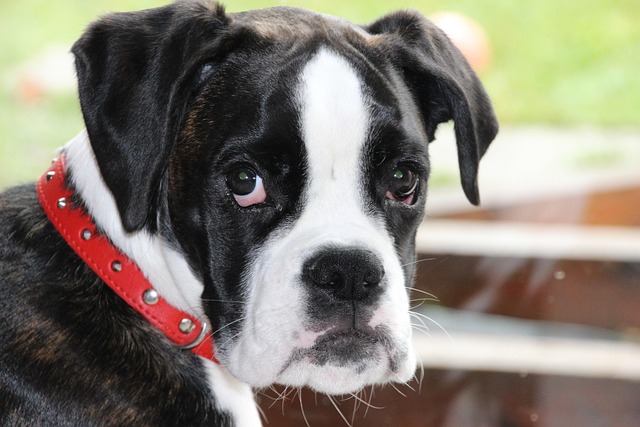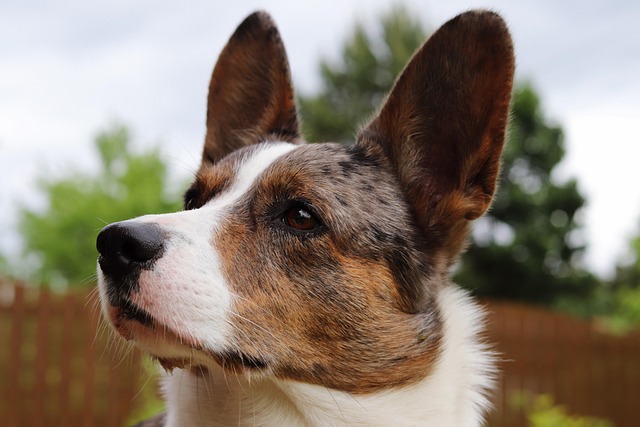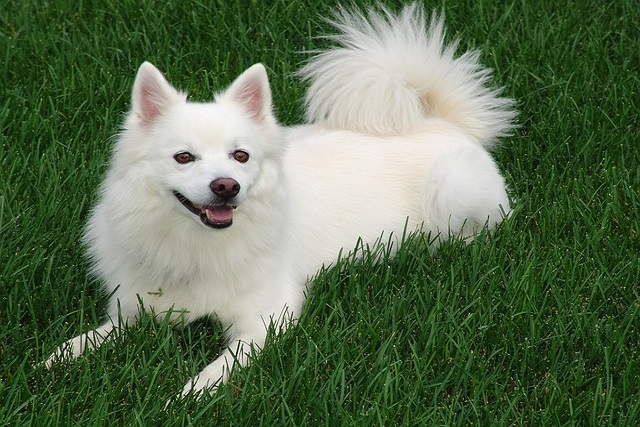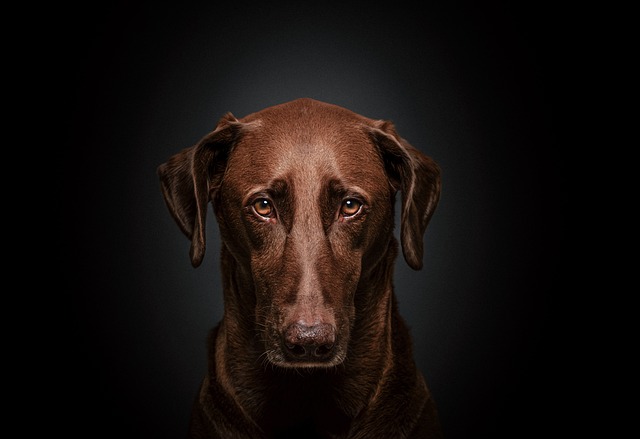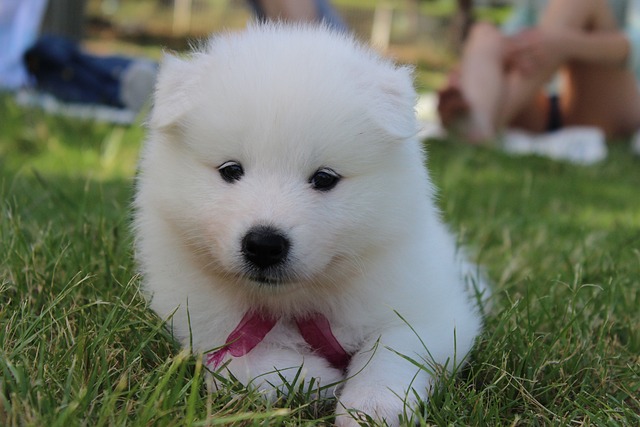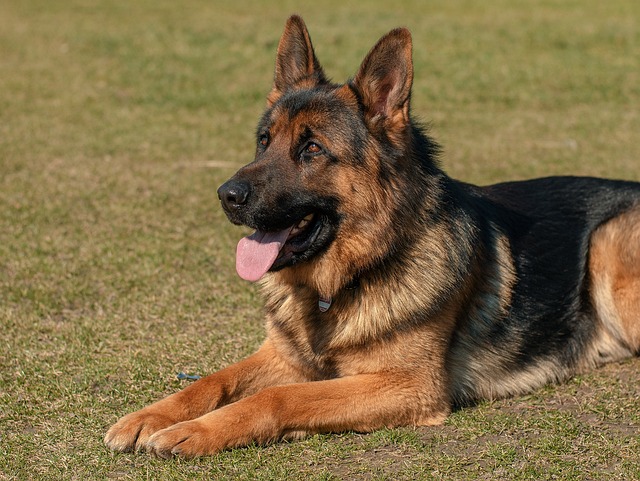There’s something truly captivating about a freshly groomed poodle—the way their curls feel like velvet under your fingers, the bright sheen that dances across their coat in the sunlight. Yet, as any seasoned poodle owner will tell you, maintaining that plush, healthy look is no simple feat. Poodles are a unique breed when it comes to grooming. Their coats aren’t quite like any other dog’s—tight, water-resistant curls that seem to repel dirt on a good day but can just as easily trap debris and matting if neglected. I’ve seen more than a few poodle parents wrestle with decisions about the best ways to keep their furry companions clean and comfortable, especially when faced with that dizzying wall of shampoos at the pet store. Should you reach for a specialty dog shampoo? Is using human shampoo for poodles ever a safe bet? These are real concerns, and trust me, you’re not alone in wondering.
Traditionally, most people stick with specialized pet shampoos for dogs—and for good reason. These shampoos are carefully crafted to cater to a dog’s unique skin and coat needs. Poodles, in particular, benefit from formulas that gently cleanse without stripping away the natural oils that keep their curls soft and their skin healthy. When I examine the best shampoo for a poodle coat, I’m looking for products with mild surfactants, moisturizing agents like oatmeal or aloe, and sometimes even gentle detanglers. Scented options are popular, but I always caution about strong fragrances, as poodles can have sensitive skin that reacts poorly to artificial additives. The main goal here is to avoid irritation, dryness, and that dreaded itchiness that can follow a poorly chosen wash day. There’s a reason you won’t find harsh sulfates or parabens in most reputable pet shampoos—and it’s all about protecting your poodle’s delicate balance.
Now, here’s where things get interesting. The debate over using human haircare products on poodles pops up all the time, and it’s not as black-and-white as you might assume. I’ve encountered poodle parents who swear by a certain gentle baby shampoo, insisting it leaves their dog’s coat extra soft and manageable. So, is using human shampoo for poodles ever truly safe? Honestly, it depends. The science comes down to pH balance: dog skin tends to be more alkaline, with a pH around 6.5-7.5, while human skin and scalp are slightly more acidic. Some human shampoos, especially those formulated for babies or sensitive skin, hover closer to neutral pH and contain milder cleansing agents. In rare cases—think poodles with allergies to standard pet shampoos or particular skin sensitivities—a vet might actually recommend a specific human shampoo. But, and this is important, it’s not a blanket endorsement. Inappropriate choices can lead to dryness, irritation, or long-term coat damage. So while the occasional use of a very mild human shampoo might be justifiable, it should never be your default without guidance from a professional.
Let’s dive deeper into the human haircare vs. pet shampoo for dogs debate, specifically for our poodle friends. Ingredients are a huge differentiator. Pet shampoos often contain conditioning agents, anti-matting components, and are free from dyes or strong perfumes—features rarely prioritized in human products. The pH question isn’t just academic; repeated use of acidic human shampoos can disturb the skin barrier, making dogs more vulnerable to bacteria and allergens. On the flip side, some human shampoos (again, especially those made for babies or sensitive skin) are meticulously tested for gentleness, which can benefit a poodle with very specific needs. I’ve spoken with groomers who occasionally use diluted baby shampoo in an emergency, and I’ve met owners who’ve tried everything under the sun to alleviate persistent itching or coat dullness. The key takeaway? Expert opinion consistently leans toward specialized pet shampoos for routine care, but acknowledges rare exceptions. Ultimately, testimonials from poodle owners echo the same theme: what works wonders for one dog might cause issues for another, so observation and flexibility are crucial.
So, how to properly wash a poodle in a way that safeguards their iconic coat and keeps their skin content? First, brush your poodle thoroughly before the bath to remove mats and loose hair—trust me, this step is a game-changer. Next, prepare lukewarm water, as extremes in temperature can shock a poodle’s sensitive skin. Wet the coat fully, working from the back of the head down, and apply your chosen shampoo (whether it’s a vet-approved human product or, preferably, a quality pet shampoo). Massage gently into the coat, paying attention not to tangle the curls. Rinse thoroughly—residue is the enemy of soft fur! If your poodle has extra-dry skin, follow up with a conditioner suitable for dogs. Frequency is another factor; most poodles do well with a bath every three to six weeks, though this can vary based on lifestyle and health. Drying deserves its own moment of attention: towel-dry first, then use a blow dryer on a low, cool setting if your poodle tolerates it. Ruffle the fur lightly as you go, which helps maintain that beautiful, fluffy texture. Don’t rush this part—poodles are prone to developing hotspots if moisture lingers close to the skin.
At the end of the day, I’ve learned that there’s no one-size-fits-all answer for how to properly wash a poodle. The best results come from really paying attention to your dog’s individual reactions and needs. Some poodles thrive on ultra-mild formulas, others need the extra hydration or soothing botanicals found in higher-end pet shampoos. The occasional experiment with a human product might be warranted, but should always be approached with a healthy dose of caution—and ideally, your vet’s blessing. What matters most is making informed choices, not just for the sake of a shiny coat, but for the comfort and health of your four-legged friend. Every poodle is a little bit different, and that’s part of what makes caring for them such a rewarding journey. So, trust your instincts, stay observant, and don’t be afraid to ask questions—your poodle will thank you in soft, tail-wagging ways.
